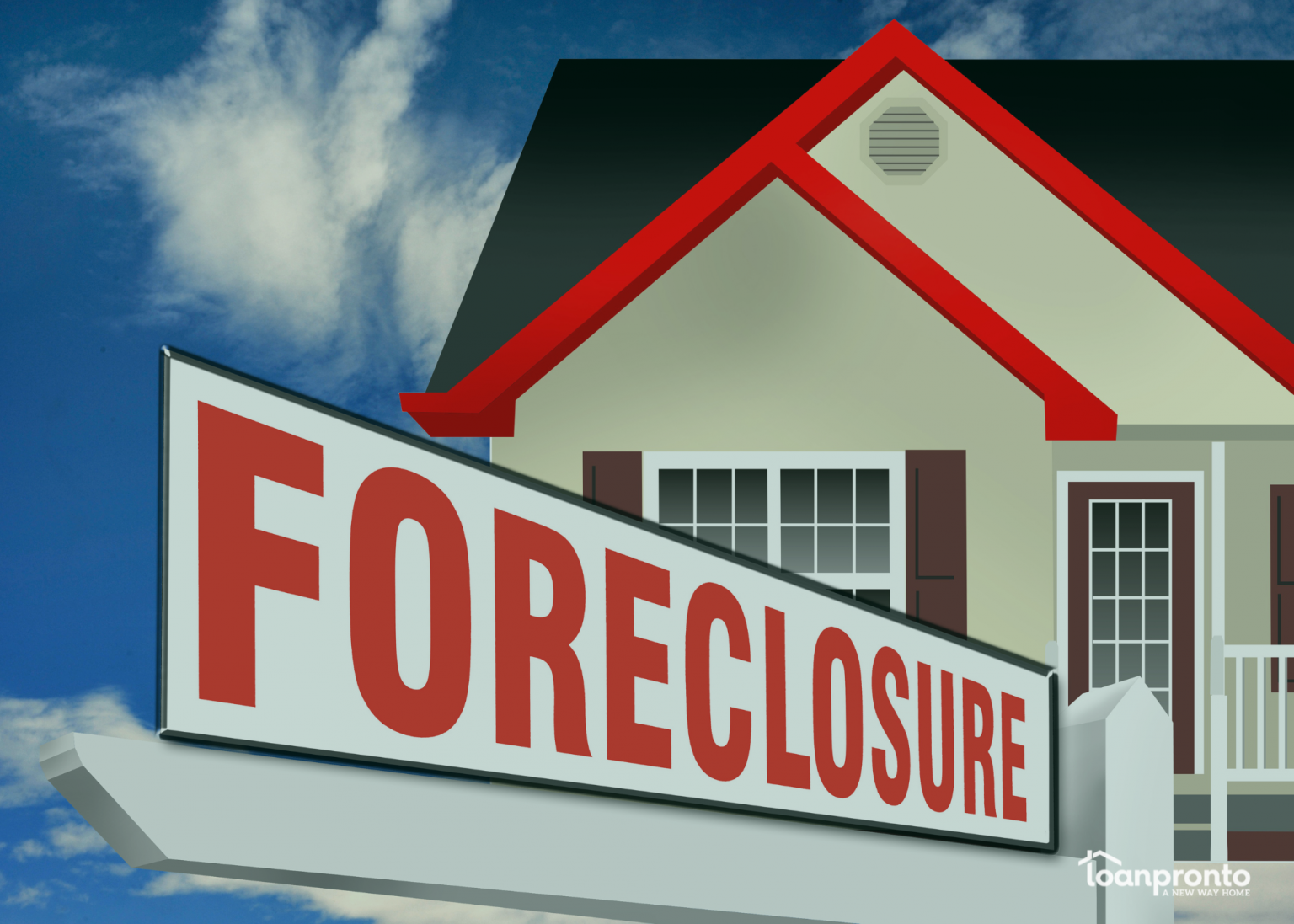Buying a foreclosed home can be a cost-effective way to purchase property, whether you’re a first-time homebuyer or a real estate investor. However, the process is different from a traditional home purchase and comes with unique challenges. In this guide, you’ll learn how to buy a foreclosed home, the risks involved, and key steps to take before making an offer.
What Is a Foreclosed Home?
A foreclosed home is a property that a lender repossessed after the homeowner defaulted on mortgage payments. Once the lender takes ownership, they sell the home to recover the outstanding loan balance. These properties are often priced below market value, but they may have maintenance issues, limited disclosures, or multiple competing offers.
Types of Foreclosed Homes
Several types of foreclosures exist, each with different buying conditions:
| Type | Description | Pros | Cons |
| Foreclosure Auctions | Homes sold to the highest bidder, typically “as-is” with no inspections. | Potential for a low price | Requires cash payment, no guarantees on condition |
| Bank-Owned Properties (REO Homes) | Homes that did not sell at auction and are now owned by the lender. | Financing is allowed, inspections possible | May need repairs, slower closing process |
| Pre-Foreclosures | Properties in early foreclosure stages; buyers negotiate with homeowners. | Can buy below market value, helps sellers avoid foreclosure | Uncertain timeline, seller must agree |
| Short Sales | Homes sold for less than the mortgage balance, requiring lender approval. | May offer a discount, negotiable terms | Approval process can take months, not always a great deal |
How to Buy a Foreclosed Home: Step-by-Step
Step 1: Decide If a Foreclosure Is Right for You
Foreclosed homes can offer savings, but they often require repairs and a longer closing process. Consider whether you’re comfortable handling potential issues before proceeding.
Step 2: Work with a Foreclosure Specialist
Not all real estate agents specialize in bank-owned properties or auction sales. Hiring an experienced foreclosure agent can help you find better listings and navigate the complex buying process.
Step 3: Search for Foreclosed Homes
You can find foreclosure listings in multiple places:
| Source | What You’ll Find |
| Government Websites (HUD.gov, Fannie Mae HomePath, Freddie Mac HomeSteps) | Foreclosures backed by federal mortgage programs |
| Bank & Lender Websites | Real estate owned (REO) properties for sale |
| Local Auctions | Foreclosures sold to the highest bidder |
| MLS Listings (via a real estate agent) | Bank-owned and short-sale properties |
Step 4: Get Preapproved for a Mortgage
If you plan to finance your purchase, get preapproved to determine your budget. While some foreclosures require cash payments, others allow conventional, FHA, or VA loans if the home meets lender standards.
Step 5: Make an Offer
Once you find a property, submit an offer through your agent. Lenders selling REO properties may take longer to respond compared to traditional sellers. If bidding at an auction, be ready with cash or proof of funds.
Step 6: Order an Inspection and Appraisal
Unlike traditional home sales, foreclosures are sold “as-is,” meaning repairs fall on the buyer. A home inspection helps identify structural or maintenance issues, while an appraisal ensures the home’s value supports your loan amount.
Step 7: Close on the Home
Once financing and inspections are complete, you’ll move to closing. Bank-owned foreclosures may involve extra paperwork, so prepare for a longer approval process compared to a traditional sale.
Pros and Cons of Buying a Foreclosed Home
Foreclosures can be a great investment, but they also come with potential downsides
| Pros | Cons |
| Lower Prices – Many foreclosures sell below market value. | Sold As-Is – Repairs and renovations are often required. |
| Investment Potential – Renovations can increase home value. | Competitive Market – Investors and cash buyers often bid aggressively. |
| Financing Options – Some foreclosures qualify for traditional loans. | Longer Closing Process – Banks and lenders take more time to approve offers. |
Should You Buy a Foreclosed Home?
Buying a foreclosed home can be a great way to save money and invest in real estate. However, these properties often need repairs, and the buying process can take longer than a traditional home purchase. If you’re prepared for these challenges, a foreclosure could be a great opportunity.
To get started, obtain a mortgage preapproval and connect with a real estate agent specializing in foreclosures to explore available properties.
No SSN required. Zero impact to credit. Your Information is never sold.
